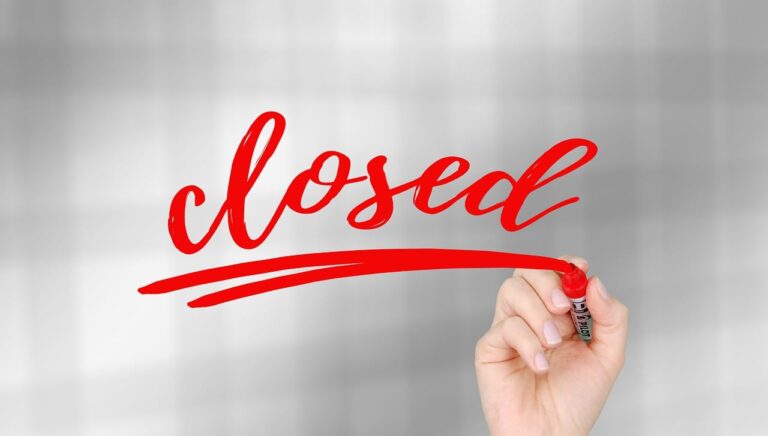The Capitol Report, produced by WisPolitics.com — a nonpartisan, Madison-based news service that specializes in coverage of government and politics — provides a weekly analysis of issues being
debated in Wisconsin state government. It is underwritten by the WNA and produced exclusively for its members. WisPolitics President Jeff Mayers is a former editor and reporter for the Associated Press and a former political writer for the Wisconsin State Journal. The WisPolitics logo can be downloaded here.
Editor’s note: This column is provided to Wisconsin Newspaper Association members by WisPolitics.com. Proper attribution to WisPolitics.com is appreciated. Also, please publish the tagline that is included at the end of the column.
Wrongful conviction victims could get more compensation
In an era of extreme partisanship, here’s an example of bipartisanship at the Capitol: An Assembly committee has unanimously approved legislation that would boost compensation for people wrongfully imprisoned.
The Committee on State Affairs approved Assembly Bill 548 11-0 on Jan. 3 after signing off on a bipartisan amendment. Before it can be voted on by the full Senate and Assembly, it will have to go through a Senate panel and the Joint Finance Committee.
The amended bill would allow those the state found wrongfully convicted to receive up to $50,000 annually for each year they were imprisoned, capped at $1 million. They also would be eligible for five years to receive health care through the state’s plan with the premium paid by the state.
Under current law, such defendants are only eligible for up to $5,000 annually, capped at $25,000.
Bill co-author Rep. Dale Kooyenga said the change is needed to aid defendants, many of them in their 40s and 50s, in the difficult transition out of prison.
“These guys have no equity in a home, they have no money for college, they’re left with all the things that we naturally build up,” Kooyenga, R-Brookfield, told WisPolitics.com. “This is just something to try to get them caught up. It’s not meant to make it right.”
No group had registered against the bill as of early January, according to the state Ethics Commission’s Eye on Lobbying site. The State Bar and Madison YWCA have come out in favor of the bill.
The substitute amendment largely keeps in place the main provisions of the original bill. Notable modifications are to push back the date of eligibility for compensation to 1980 from 1990 to be consistent with current law. The office of Kooyenga said the Wisconsin Innocence Project believes about nine people would be able to seek compensation under the proposed terms.
Additionally, in response to concerns about increasing workload on district attorneys, the substitute amendment outlines the specific terms under which a defendant may petition – a way to limit unfounded claims. Kooyenga said people who have already received compensation under current law may petition again for more funds.
The amendment keeps the original bill’s wording that lowers the burden of proof for defendants seeking a claim, and introduces the Division of Hearings and Appeals into the petition process.
Most state agencies were unable to pin down the overall effect on revenue because they couldn’t estimate the number of people who might make a claim. The Department of Revenue, however, does estimate an annual loss of up to $32,000 in tax revenue stemming from income exemptions. The State Public Defender’s Office notes the bill could potentially create a new workload for them, but that it would likely be small and not affect revenue.
Since 1960, 57 individuals have applied to the State Claims Board for compensation for being wrongfully imprisoned, with 19 receiving compensation. Eight of those 19 won claims between 2010 and 2015, collecting about $69,000 annually.
DOR estimates that under the new bill, annual compensation could have been as high as $585,000 annually for those same individuals.
Copyright © wispolitics.com



